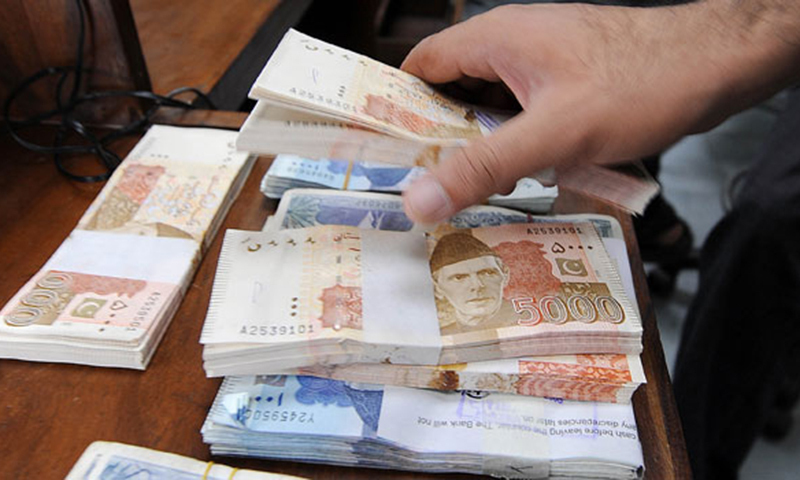Benami Transaction Act implemented to stop illegal transactions, FBR official says

Federal Board of Revenue (FBR) officials on Wednesday said that the Benami Transaction (Prohibition) Act 2017 has been implemented to stop transactions being conducted through ‘benami’ accounts, the numbers of which run into hundreds of thousands.
At a briefing for media representatives in Islamabad, FBR Member Inland Revenue (IR) Policy Dr Hamid Ateeq Sarwar highlighted the salient features of the newly enforced law with the aim of creating awareness that could help deal with benami transactions.
“It was due to benami accounts that we [Pakistan] had to face embarrassment at the FATF,” he said, revealing that intelligence services have reported more than 900 cases in which transactions worth millions of rupees were carried out through benami accounts.
The government had implemented the much awaited Benami Act on Monday — in line with its efforts to document the economy – allowing tax officials to confiscate whole properties, expensive vehicles and bank accounts registered with fictitious individuals.
The term benami refers to the practice of holding property/assets in the name of one person for the benefit of another. However, benami is often aimed at concealing ownership of assets acquired through illegal means, defrauding creditors, and/or evading payments of government fees, charges or taxes.
Sarwar today said the Benami Act will apply to all transactions which have been carried out since February 2017.
He said there were different dimensions of the law and the FBR will work as the prosecuting agency. It will collect information about all benami properties and transactions taking place in the country, but the adjudicating authority will be outside the FBR, he added.
According to the official, a benami holder will be awarded a penalty of minimum one-year imprisonment and seven years maximum, whereas the person providing wrong information to this effect would be awarded a sentence of minimum six months and a maximum of five years.
He said a federal tribunal, headed by a chairman, will also be established. The federal government will have the powers to appoint the chairman in accordance with the law.
Sarwar said the chairman could be a sitting judge of a high court or any Grade-22 officer. The tribunal will also be authorised to hear appeals.
As per a decision taken during a Board meeting yesterday, the tax commissioners of Karachi, Lahore and Islamabad will be authorised to look into the matters in their respective jurisdictions. The investigation of the benami transactions will be carried out by a Grade-18 officer or a deputy commissioner.
The FBR official said that Pakistan currently has a law for exchanging tax information with 50 countries while negotiations with other countries where the Pakistani diaspora is based are also in progress in order to bring potential taxpayers into the net. Agencies






